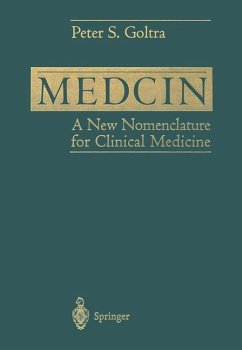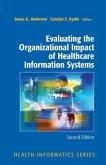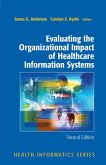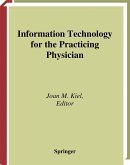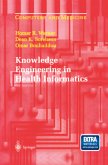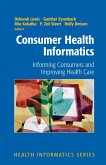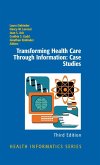The practice of medicine has become an information intensive profes sion. Pertinent and detailed information resources and references are proliferating rapidly, while the quantity of patient data gathered during an episode of care can be daunting. Identifying the best guideline and interventions which will lead to an optimal clinical outcome for an individual patient poses an increasingly difficult challenge. Matching the detailed information about a particular patient with the parameters of a guideline may be tedious. Attempting to identify or use a guideline with terms of definitions which differ from those found in a patient's record may well be impossible. Here we confront the well-known "medical vocabulary problem" which plagues nascent efforts to establish elec tronic medical records (EMRs) everywhere. Efficient resource management and the adoption of cost effective strategies are of increasing importance in the new market realities of healthcare in the late 90's. Whether providers seek to describe their practice, implement continuous improvement, engage in outcomes re search, or develop data driven guidelines, a way to represent patient findings and events consistently is required. The standard classifications for administrative data in healthcare, such as ICD-9-CM, have proven to be too coarse for a detailed examination of practice patterns and severity adjusted outcomes. The use of free text to represent diagnoses and pro cedures is unwieldy; unstructured free text cannot support information linkage and analyses without elaborate machine processing or hand ab straction and coding.
Bitte wählen Sie Ihr Anliegen aus.
Rechnungen
Retourenschein anfordern
Bestellstatus
Storno

